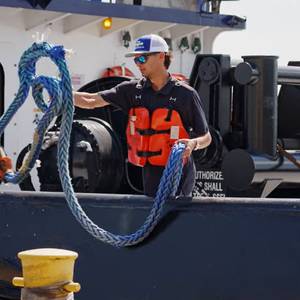
The American Waterways Operators, the trade association of the American tugboat, towboat and barge industry, has released a new video on the industry's contributions to U.S. national and homeland security.The two-minute video, The Tugboat, Towboat and Barge Industry: Supplying America, Securing America, notes that while the mariners who transport cargo and facilitate commerce on America's rivers
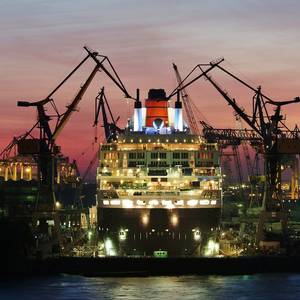
China's sanctions against five U.S.-linked affiliates of South Korean shipbuilder Hanwha Ocean are seen as a warning gesture without immediate impact, and Beijing is unlikely to gain much by expanding them, analysts said on Wednesday.The move, announced on Tuesday when the U.S. and China began charging additional port fees targeting each other's vessels
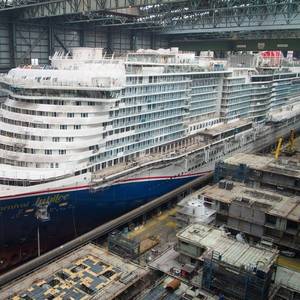
Order intake, exports, and green technology demand fuel confidence for 2025Germany’s maritime equipment and offshore supply industry is posting steady growth in 2024 and setting an optimistic course for 2025, according to new figures released by the VDMA Marine Equipment and Systems Association.With an average turnover increase of 5.
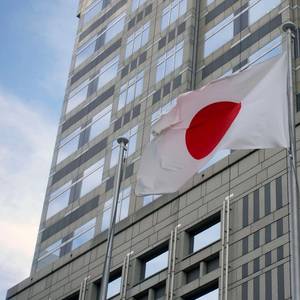
Japan is likely to sweeten terms for developers to build a massive offshore wind farm sector, industry insiders say, as it looks to put its energy ambitions back on track against a worldwide slump of projects hit by soaring costs and delays.The government aims to have 45 gigawatts of offshore wind capacity by 2040
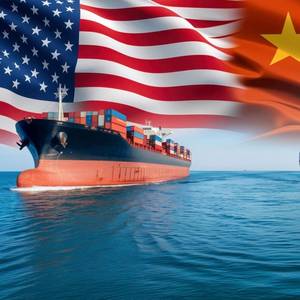
U.S. President Donald Trump has signed an executive order aimed at ‘restoring American maritime dominance’ through the revival of domestic shipbuilding industry and weakening China’s grasp on the global shipping market.The Order directs the creation of a Maritime Action Plan (MAP) to revitalize U.S.
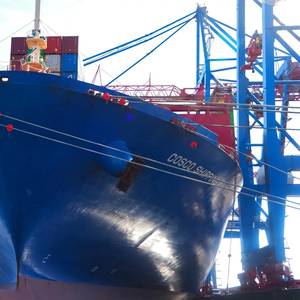
A Trump administration proposal aimed at reviving the U.S. shipbuilding industry may backfire by imposing steep fees on China-linked vessels—penalties that industry leaders say would hurt American ship operators and ports rather than help them, industry executives said at U.S. Trade Representative hearings on Monday.
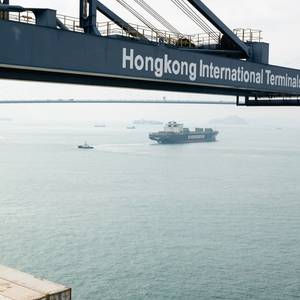
Some shipping companies are discreetly moving operations out of Hong Kong and taking vessels off its flag registry. Others are making contingency plans to do so.Behind these low-profile moves, six shipping executives said, lie concerns that their ships could be commandeered by Chinese authorities or hit with U.S. sanctions in a conflict between Beijing and Washington.
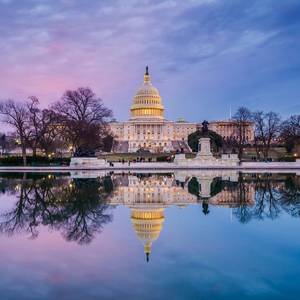
The first thirty days of the new Trump Administration have brought sweeping changes throughout the federal government. We take a pause to assess where things stand for maritime stakeholders and what may be coming next in Washington, DC, for our industry.A Maritime DirectiveFor those that work in the U.
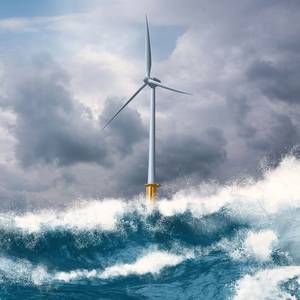
Companies that once committed to investing in U.S. offshore wind infrastructure and supply chains are now scrapping their plans as the industry experiences significant challenges. These setbacks stem from project delays, soaring costs, and the potential loss of federal support under former President Donald Trump’s proposed policies.
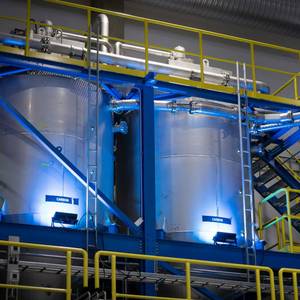
This week at MarineLink…Two reports released this week, one on the upscaling of green hydrogen production, the other on upscaling CCUS, both point to a lack of government initiatives as hindering investment. Without the establishment of regulations and multi-lateral frameworks, big projects are floundering.
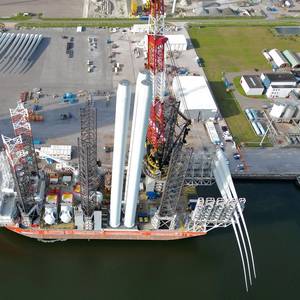
Soaring costs, project delays and limited investment put targets out of reachAfter a year of canceled projects, broken turbines, and abandoned lease sales, the global offshore wind industry no longer has much chance to hit the lofty targets set by governments in the U.S., Europe and elsewhere ... with the exception of China.
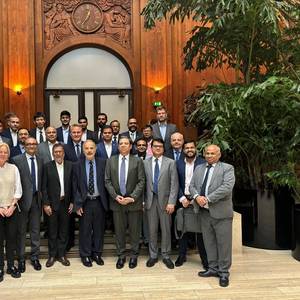
BIMCO has launched a Ship Recycling Alliance to help accelerate safe and environmentally sound recycling of ships. The alliance will co-ordinate the voices of the ship recycling industry and the shipping industry and help facilitate the global implementation of the Hong Kong International Convention for the Safe and Environmentally Sound Recycling of Ships (HKC).